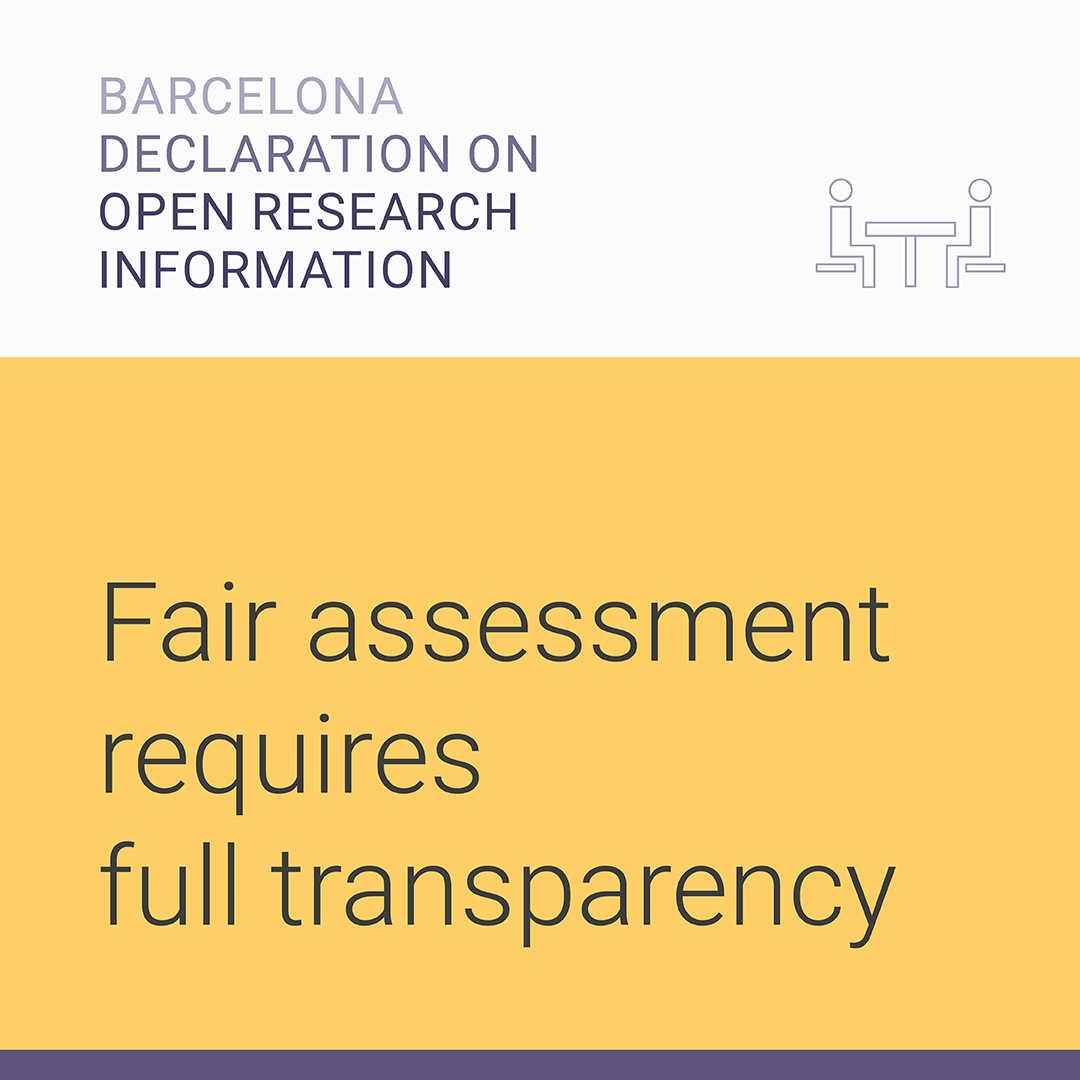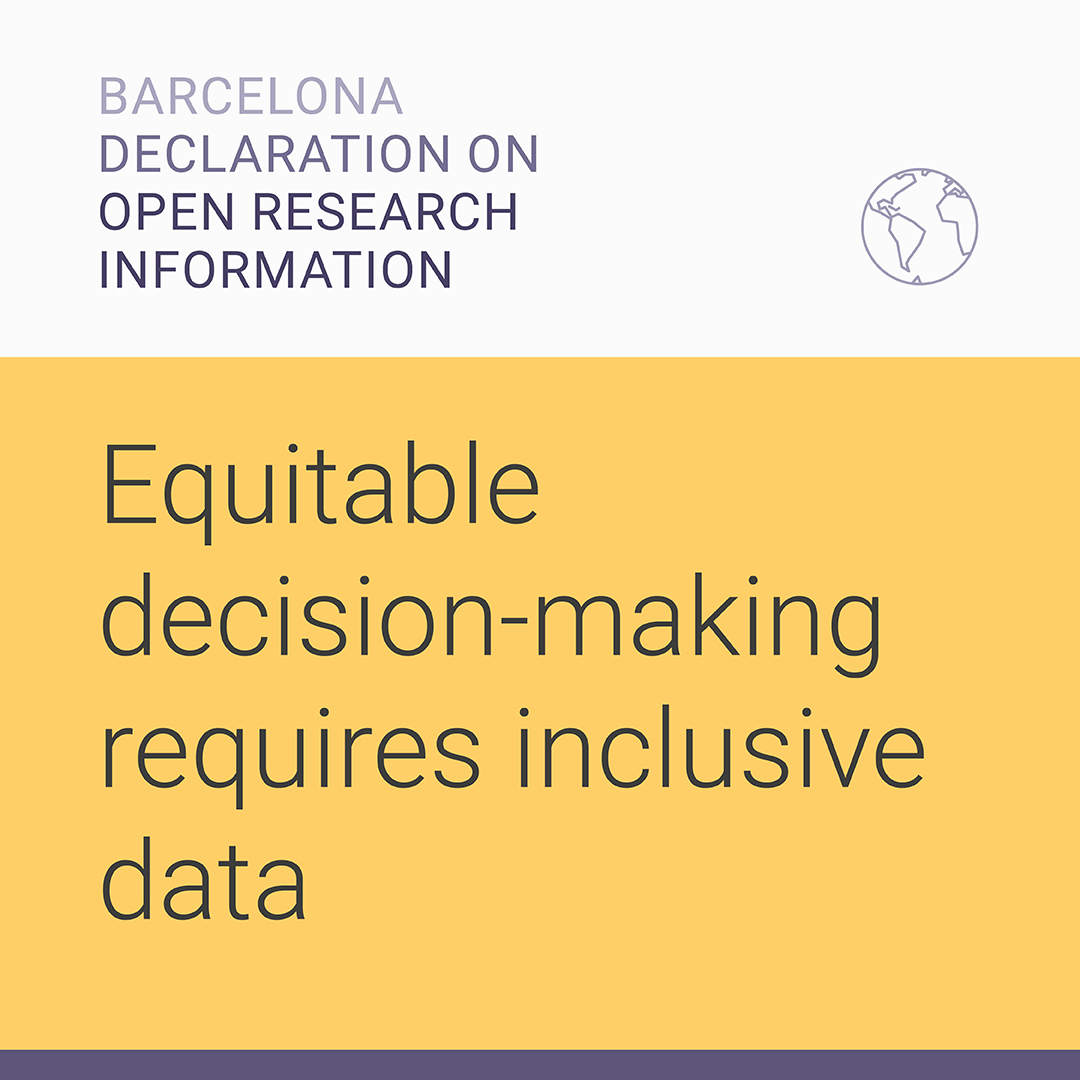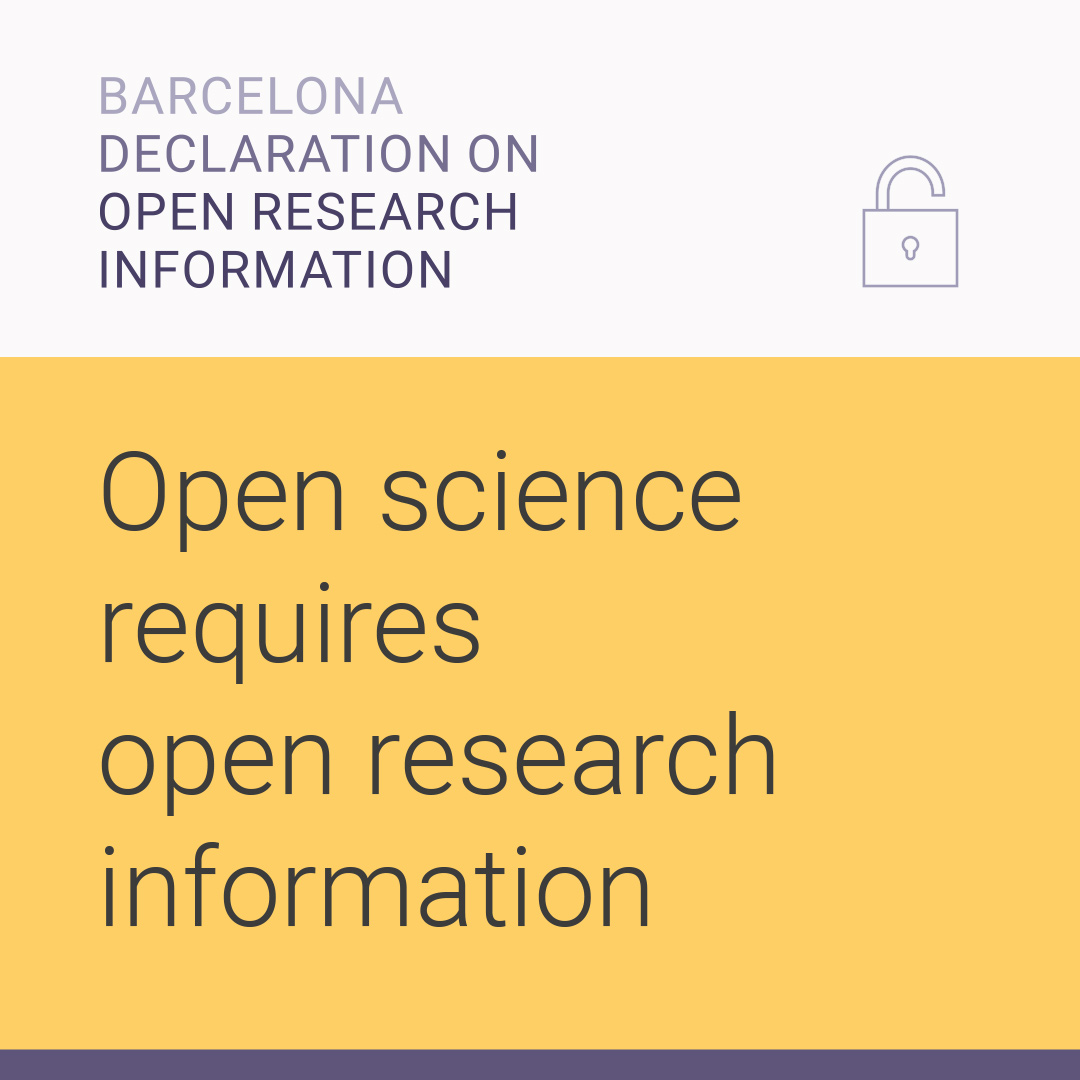
News and Upcoming Events for May 2024
What’s new, and what’s coming up at the University of Melbourne for researchers and the research support community.
Researcher@Library webinars: Publishing, Open Access, and Research Metrics
Choosing Where to Publish: Tips and Tools
Learn how to identify and evaluate your publishing options: find peer reviewed journals in your research fields, understand journal rankings, and avoid predatory publishers. Register here.
Open Access in 2024
Find out the benefits of open access, funder open access policies, ways to share your research outputs, and the latest open scholarship updates in 2024. Register here.
Introduction to Research Metrics
What are metrics, how do we use them, and what tools does the University provide? Get the answers in this webinar aimed at graduate researchers, academics, and professional staff. Register here.
Evidence and Metrics of Research Impact
Delve deeper into finding evidence of your research impact, including citation performance, media and social media interest, commercial potential, and sharing of your outputs. Get to know the tools you can use, the different types of metrics, and how you can incorporate them into your grant and promotion applications. Register here.
Beyond Traditional Metrics: Finding Alternative Evidence of Research Impact and Engagement
Looking to demonstrate how your journal publication has had impact beyond just citations? Have you created some non-traditional research outputs (NTROs) and want to show how many people they’ve reached? This webinar will give an overview of the types of metrics you can use and the tools to find them. Register here.
Launch of the Barcelona Declaration on Open Research Information
On 16 April 2024, over 40 universities, research funders, and other research organisations signed the Declaration, committing to:
- Make openness the default for the research they use, and produce.
- Work with services and systems that support open research.
- Support the sustainability of infrastructures for open research information.
- Support collective action to increase open research.
Read the full declaration and find out more here.



Image credit: infographic from the Barcelona Declaration, used under a CC-BY license.
Can’t find an article, book, or item you need via the Library?
Have you come across a resource that you need for your research, but can’t access it? Here are your options for finding it:
- First, do double check the collections. You might have missed it in your original search.
- Try searching online to see if another institution or organisation has uploaded it. Use the LeanLibrary extension to easily bypass paywalls where the University has a subscription.
- Submit an inter-library loan request. The Library will check with other libraries for the journal, book, media, musical score, conference paper, or thesis you need. They will deliver physical materials to campus for you to pick up.
- Submit a recommendation for a new purchase. The Library will review whether to purchase the items.
If you want to stay up-to-date with new purchases for electronic resources – like news subscriptions, databases and more – check out the E-Resources @ the University of Melbourne Library blog.
Link your ORCID to GitHub
In March, ORCID and GitHub signed a Memorandum of Understanding so you can link your ORCID iD to your GitHub account. This will link your GitHub profile to your other scholarly works in your ORCID profile, and help to uniquely identify you as a researcher on GitHub.
If you already have a GitHub account and an ORCID iD, you can go to your profile settings and choose to Connect your ORCID iD. There’s an instruction video available on Twitter/X here.
If you don’t have an ORCID iD, register for one now! It will give you a persistent identifier for you as a researcher, creating a profile that compiles your affiliations, grants, publications, peer review, and more all in one place.
Image credit: Outreach Resources – ORCID, used under a CC0 licence.
Webinars and events beyond the Library
Intro to UNIX
Melbourne Bioinformatics is offering training in UNIX for staff and students at the University of Melbourne, aimed at people with little or no experience with command-line tools. Find out more and register via the RDU portal here.
Academic Skills Graduate Research Workshops
Responding to and thriving through expert and public scrutiny of your research
This workshop will explore strategies for building psychological resilience in the face of scrutiny and criticism towards your research. Register via the RDU Portal here.
Turning research skills into employability skills
Find out how to recognise, translate, and articulate your skills for job-seeking outside of academia. Register via the RDU portal here.
Towards Completion
This workshop will outline the practical skills needed for completing a thesis – like discussing your findings, polishing your writing, and addressing examiners’ expectations. Register via the RDU portal here.
Producing Quality Graphs
The Statistical Consulting Centre and Faculty of Science will teach you how to improve making graphs, and introduce you to a free software – Minitab – that the University provides. Open to researchers from all disciplines and Faculties. Register via the RDU portal.
Featured image credit: “Close-Up Shot of Scrabble Tiles beside Flowers” by Polina Kovaleva on Pexels.
Categories
Leave a Reply